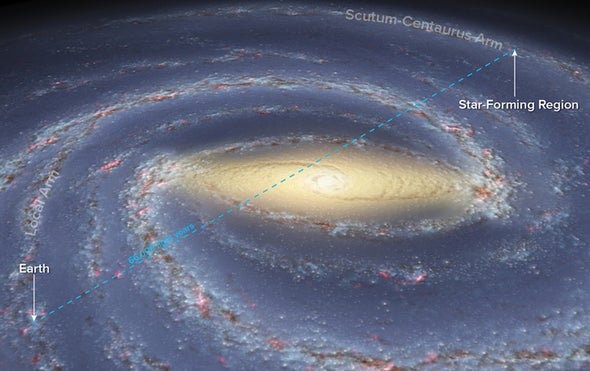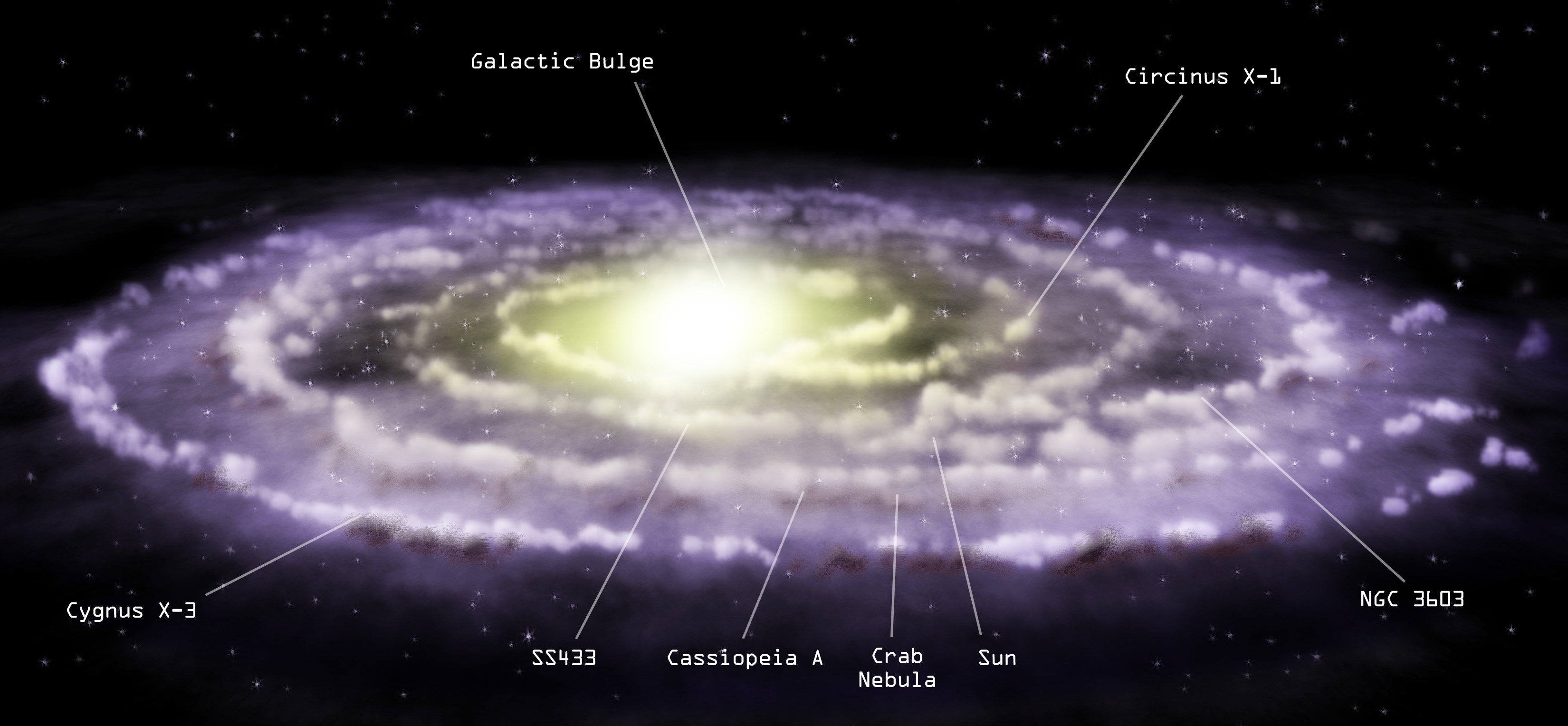The ESA's Gaia satellite is
the gift that just keeps on giving—not only has it given astronomers and
astrophysicists a super-accurate star map of the Milky Way galaxy and opened up
the possibility of finding alien civilizations, it's now responsible for the
discovery that the Milky Way may have experienced a galaxy-wide 'ripple' that
knocked it out of its equilibrium between 300 and 900 million years ago.
Scientists have already
proven the existence of gravitational ripples (and handed out Nobel Prizes for
their discovery), but this situation was a bit different. The Milky Way
apparently passed close enough to the Sagittarius Dwarf Elliptical Galaxy, a
satellite galaxy to the Milky Way, that the gravity of Sagittarius caused the
Milky Way to become knocked off balance.
According to Teresa Antoja,
one of the authors of a new study published on arXiv: "We have here
provided the clearest evidence that our own Galaxy disk has suffered from
perturbations, bringing it to an out-of-equilibrium state, which may well be
due to the interaction with an external satellite galaxy."
It's a bit disturbing to
imagine that the giant, 100,000 light-year disc of our galaxy can become
"perturbed" by anything, but it's a fact we may have to get used to.
"This work shows that
the stellar disk of the Milky Way is a dynamically active place, where spiral
arms and the Galactic bar leave their marks on the orbits of stars like ripples
in a pond-a pond that has perhaps recently felt the splash of a small stone in
the form of a merging dwarf galaxy," said study author Stacy McGaugh.
"It is a living and
breathing beast that is sensitive to being poked and prodded and even tickled a
little bit." So what do you think about this? Let us know in the comments.
We'll keep our eyes peeled for new discoveries from the Gaia data, but in the
meantime, why not learn about the invisible supermassive black holes wandering
around the Milky Way?
Source





